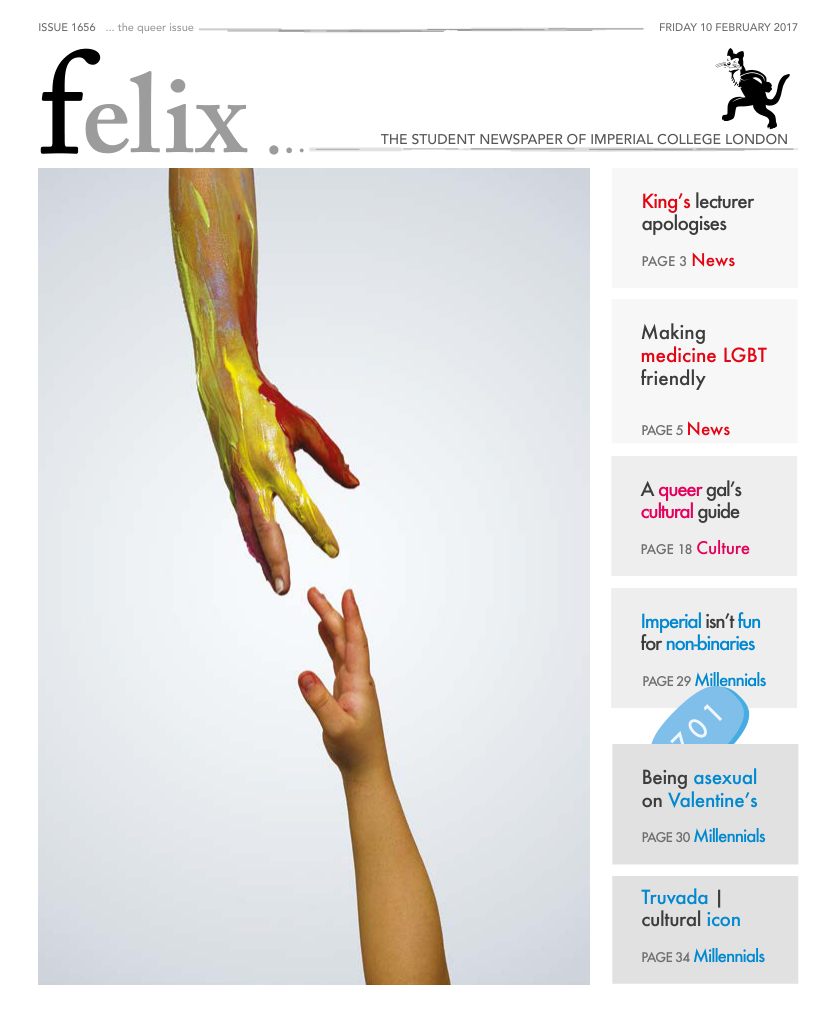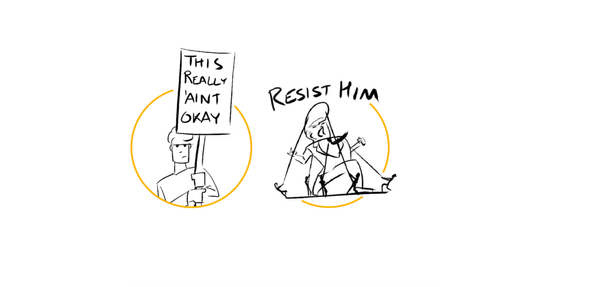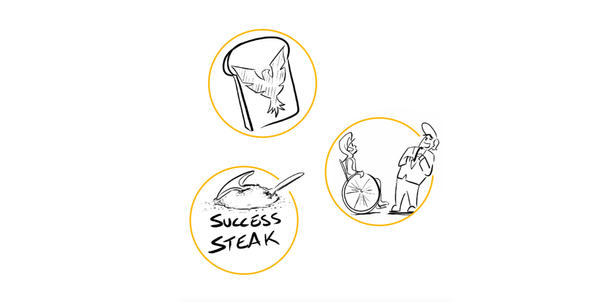Should the T be dropped from LGBT?
Elizabeth Windo goes over a brief history of the T movement and discusses the place of transgender people within the queer community

It’s easy to look from the outside at a pride parade and see a unified grouping of similarly minded people. But under this facade of togetherness, within the LGBT community lies a volatile mixture of groups that sometimes have radically different goals. An example of this is the recent push that has led some, particularly from outside the trans community, to question the place of the T in LGBT.
The ‘Drop the T’ ideology originally appeared on the website change.org. It suggested that within the LGBT community, not only was the ‘T’ section not a meaningful part of the whole, but that it was fundamentally incompatible with the L, the G, and the B. The argument rested on the fact that the LGB related to sexuality, whereas the T related to gender identity – different things entirely.
The petition itself lead to a quick response and dismissal from many people including the leaders of the Human Rights Campaign and GLAAD, a media monitoring organisation founded by LGBT people. These two groups were among those explicitly listed in the petition as bodies that should stop representing the trans community.
Since then, many other responses have also questioned the ‘different ideology’ position. While it may be true that sexuality differs from gender identity, the LGBT community has historically been linked due to shared discrimination and oppression based on their attributes rather than being grouped by those attributes themselves. To use an analogy - ‘knives are different from forks but we still call them cutlery’. There is also an overlap between the groups – it is not an exaggeration to say that most of the trans community would fall under the LGB umbrella if they were divided. If someone was assigned female at birth, but has always exclusively dated men, if they come out as trans and are treated by society as male, society would view that relationship as a gay one. If they exclusively dated women, it is likely that they would have had significant formative experiences in the lesbian community before transitioning fully – is it fair or reasonable to deny them access to that common space simply because society now treats them as straight? The waters become further muddied with non-binary identities – what would constitute straight in that case anyway?
While the petition has been met by widespread criticism, the movement has gained some support from several trans people. Supporters believe that while the community should remain united, campaigning for rights should be done separately. The motivation for this is that campaigning that focuses explicitly on the trans community is more likely to achieve meaningful progress than one that targets the entire umbrella. However, organisations such as the Human Rights Campaign have criticised the allegations that the focus of campaigning and support is not on the trans community where it is appropriate. Splitting the focus would at best change nothing, and at worst deprive the transgender community of valuable platforms, numbers, and resources. Estimates place between 0.1% and 0.5% of the population as part of the trans community, many of whom may live in poverty and are unable to spend their time on activism. An investigation by the Center for American Progress found that on average trans and gender non-conforming people are three times more likely to live with a yearly income of less than ten thousand dollars per year.
The origin of this petition is unclear, but the movement still crops up and has been associated with several prominent right wing media personalities, many of which are LGBT themselves, such as Milo Yiannopoulis. Some trans people have criticised this as nothing but ‘respectability politics’, the need to distinguish the parts of the community that have received some societal acceptance with those who are treated less well, and who are currently more controversial. While this may be the case, it is important to also consider the historical context. The origins of the ‘drop the T’ can be traced back a long way, back to the days of Greer’s radical feminism. Historically, radical feminism has had a significant overlap with the lesbian community, which has considerable social and academic influence. Various radical feminist speakers have questioned the legitimacy of someone assigned one sex identifying as another. At times, this criticism is done under the pretext of wanting to help trans people on the condition that they do not infringe on women’s rights. At other times, it takes a more aggressive slant, with many public-facing trans people reporting significant online harassment from this demographic. Regardless of the way in which it is carried out, the ultimate goal of many such ‘gender critical feminists’ is to exclude trans people from LGBT and women’s spaces, in the same fashion as the original petition.
If there are any hard facts to be gained from this, it is that the LGBT community is not monolithic. There is no single right answer adopted by every member, there is no homogenised belief about what is the correct course of action in every situation. Given the current political climate however, it is the belief of many, including the GLAAD president, Sarah Ellis, that it is more important to focus on unity than refining an existing grouping. In her reply to the original petition, she concluded with the following. ‘At a time when anti-LGBT activists continue to attack the basic rights and protections essential to all of our lives, we must stand together, rather than succumb to the ruin of divisiveness’.









